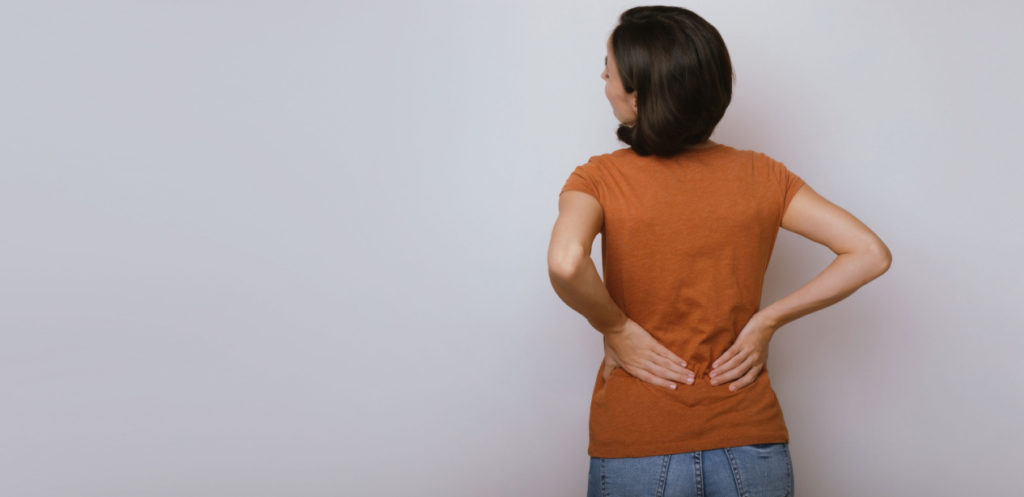As mums, we sometimes focus on our families and kids that we forget about our own health. Some diseases appear suddenly, but in truth they started before we even knew about them. Women’s osteoporosis is one of those illnesses. And it affects mainly and directly your bone. Learn here everything about women’s osteoporosis along with causes, symptoms and treatment. You will also learn how osteoporosis can affect pregnancy here.
Everything to Know About Women’s Osteoporosis
What is Osteoporosis?
Osteoporosis is a disease that makes bones weak and fragile. This disease can also make bones so weak that mild stress or simple movement can cause fractured bones. In addition, the hip, wrist and spine are the most affected bones by this disease.
Moreover, doctors and experts refer to this disease as a “silent disease”. Which means it might only appear at an older age. But in truth, it was happening all along. And it can affect both men and women alike.
What are the causes of Women’s Osteoporosis?
– Experiencing bone loss.
Bones renew their tissues regularly. Old bone tissue is constantly renewed within our bodies. But with aging and other factors, bone’s cannot keep up with this process. Thus, people experience loss of old bones. And with that happening, bones tend to get weaker thus breaking easily.
– Not getting enough calcium.
This is the number one reason why bone loss happens. Renewing bone tissue relies greatly on absorbing minerals, especially calcium. As it helps build strong and healthy bones. We already know that because we always urge our kids to drink milk. Eating foods filled with calcium can increase bone density. Otherwise, they will be weak and cause women’s osteoporosis.
– Gender & age.
Both gender and age play a role when it comes to osteoporosis. Women above the age of 50 have higher risks to get it. As it is more common for women to get osteoporosis than men.
– Family history.
Another factor that increases the risk of osteoporosis is inheriting it from family. It is one of the most common genetic disorders that are passed down from generation to another.
– Unhealthy lifestyle
Unhealthy lifestyle choices can cause bone loss thus causing osteoporosis. An unhealthy diet, low nutrition, along with smoking and zero exercise can lead straight to it.
How is it diagnosed?
Women’s osteoporosis is diagnosed through a bone density test. Your doctor can tell your bones’ strength or weakness through this test. Also, some doctors recommend getting a special kind of x-ray for bones.
How often do I need to test for osteoporosis?
Most doctors recommend this test for women older than 50 years old. However, sometimes they might suggest getting a bone density test for younger women. That happens if your doctor feels you have the risk factors of osteoporosis. Such as low calcium levels, having it in your family, being underweight, or experiencing malnutrition.
Can I avoid it?
Women can avoid osteoporosis by understanding the causes. While we cannot avoid having it in our genes. We can change our lifestyle choices for the better.
- – Stick to a healthy and balanced diet.
- – Get enough intake of calcium and vitamin D.
- – Include milk, yogurt, and green vegetables like broccoli in your diet.
- – Be active and workout regularly.
- – Cut off smoking completely.
- – Discuss taking supplements or medication to prevent it with your doctor.
Women’s osteoporosis treatment
Doctor may prescribe medications for patients diagnosed with osteoporosis, such as:
- – Bisphosphonates.
- – Menopausal hormone therapy.
- – Teriparatide injections.
In addition, they will recommend different kinds of supplements along with a change in lifestyle and diet.
Osteoporosis & Pregnancy
Babies get the minerals and nutrients they need from their mommies. That applies to calcium which they need to build their bones. So, if you have a low calcium intake, your baby will use the calcium in your bones. Which would weaken them for the long run.
Furthermore, it is perfectly normal to lose some bone density during pregnancy. But the good news is, your body restores it after childbirth and during breastfeeding. So, make sure you take your pregnancy supplements and stick to a healthy and balanced diet.







This should be a required read. Go live with equidia quinté — replays, pronostics, and results. programmes and tips throughout the day. results archive, racecards and odds, paddock views. programmes and tips throughout the day.
marketing dental
Yo, 9dgamebet, just checked you out. Interface is slick! Fingers crossed for some big wins tonight. Hope the odds are good for us! Check it out here: 9dgamebet
dental agency
free viagra
money online
KC99 – simple and to the point. I wasn’t blown away, but it wasn’t bad either. Decent selection of games, nothing groundbreaking. If you want something reliable check out kc99!
angry customers
free porn
Free preview